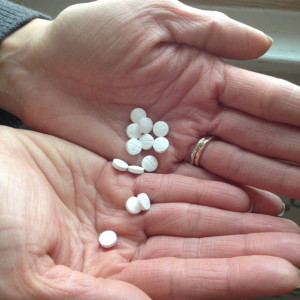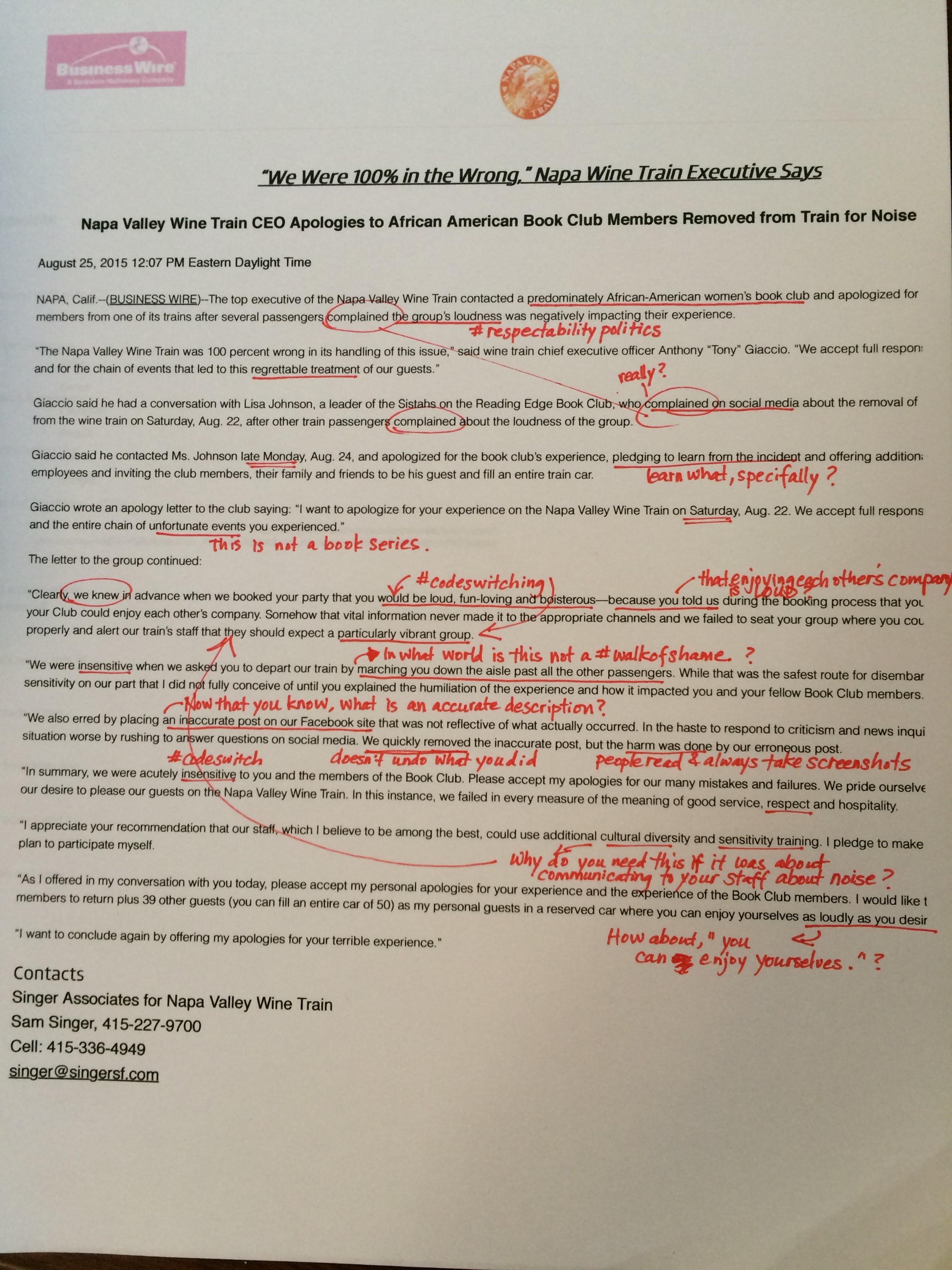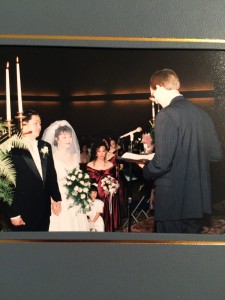“Sweetness, the only thing that has power over you is what you can’t say, even to yourself.”
—Hyacinth to Phaedra in The Star Side of Bird Hill by Naomi Jackson
Every six months I am supposed to see my doctor to make sure I’m doing OK, that nothing in my medical history has changed, and to give voice to things that I am afraid to think about and talk about out loud. She asks me about my mood, my sleep, my level of activity. I tell her I am doing great, that I am fine, that nothing in my medical history has changed. “Can I get my flu shot while I’m here?” I ask.
And then she asks again how I’m doing with the Vitamin L – my daily dose of Lexapro. It has been six years. Six year since I was able to release the words, the pain, the confusion, and the power of fear by saying out loud what I couldn’t imagine saying even to myself.
“I think I am depressed.”
So on this particularly dreary October afternoon my doctor waits for me to answer honestly, to say to myself and to her what I’ve been afraid to even think about.
“I’m afraid the depression is getting worse.”
I’ve been so tired. Tired like I could sleep the afternoon away tired. Tired like maybe the back and neck spasms I was having for weeks tired. Tired like maybe my high pain tolerance is catching up to me tired (and by high pain tolerance I’m talking waiting to go to the hospital until I was about 8 cm dilated with Child #1 and #3 because I thought it would get worse). Tired like that migraine knocked me out tired but not just that day tired. Tired like I might not get out of bed tired.
The weird thing about depression is that most days I am not wandering around my house looking like there is a cloud hanging over me or hunched over as if the weight of a heavy robe has engulfed me. Depression doesn’t always look like those pharmaceutical commercials that always involved drawings and the color blue. I work out 3-5 days/wk. I get together with friends. I read books for two book clubs. I try to spend quality time with my sons but I really suck at video games. My husband and I have sex if and when we aren’t falling asleep the minute we hit the bed, which isn’t often but also none of your business how often. I smile. I laugh. I make myself laugh. I write. I laugh at what I write. That doesn’t look like depression. But, yes, I am feeling exceptionally tired these days despite, or maybe because of, the fact that I have a child in college contemplating her career in the arts, a child in his junior year of high school who is just starting to understand why we’ve been so parental about grades, and a child finishing middle school who doesn’t need to worry because it’s middle school. Yes, there are unexplained aches and pains that won’t go away and maybe that’s just because I turned 45. Yes, I may spend my days wearing varying combinations of my yoga pants and three sweatshirts because I work from home and I actually do go to yoga class, but that isn’t the depression. None of that is the depression.
Unless it is.
And that is what I am often afraid to think about, afraid to say. Which is probably why that appointment every six months is a good idea instead of an endless supply of Vitamin L with no check-in, no one waiting for me to be honest or at least give me a chance to be honest.
Every six months I have to remind myself that the truth will set me free only if I am willing to walk in the truth. Even if people judge, even if my sisters and brothers in faith judge or don’t know what to do with my truth, Jesus doesn’t judge. He says to me, “Daughter, your faith and trust and courage and Vitamin L have set you free. Go in peace and be freed from your suffering.”
So earlier this week I went to see my doctor, got my flu shot, told her I was fine, and then once again broke the power depression has over me and told her the truth.
The truth is that very few people around me understand this Vitamin L thing and the depression and the anxiety. I don’t want people tiptoeing around me. I want people to ask me how I am doing but not in that weird “How ARE you doing?” sort of way, but I also know that the stigma is complex, deep, and ingrained. Depressed people aren’t supposed to be normal, right? How could I possibly go to power yoga, write, and bake cookies if I am depressed, right? Depression is a mental illness, and people with mental illnesses do horrible things like gun down innocent people (well, actually it’s usually younger white men who go on shooting sprees and are then casually labeled “mentally ill” so I’m off the hook). People with a mental illness are crazy, right? How can a Christian be depressed and take medication for it, right?
I told my doctor what I was afraid to say to myself.
“I’m tired, and maybe it’s that I’m 45 and the cumulative exhaustion of life is catching up to me but maybe it’s not. Maybe the depression is getting worse?”
Maybe. Maybe not. But every day I take my Vitamin L, every six months I see my doctor; each time I have the chance to say words I’m afraid to say but know in my heart are true.
My faith has healed me. I go in peace. I am freed from my suffering.


